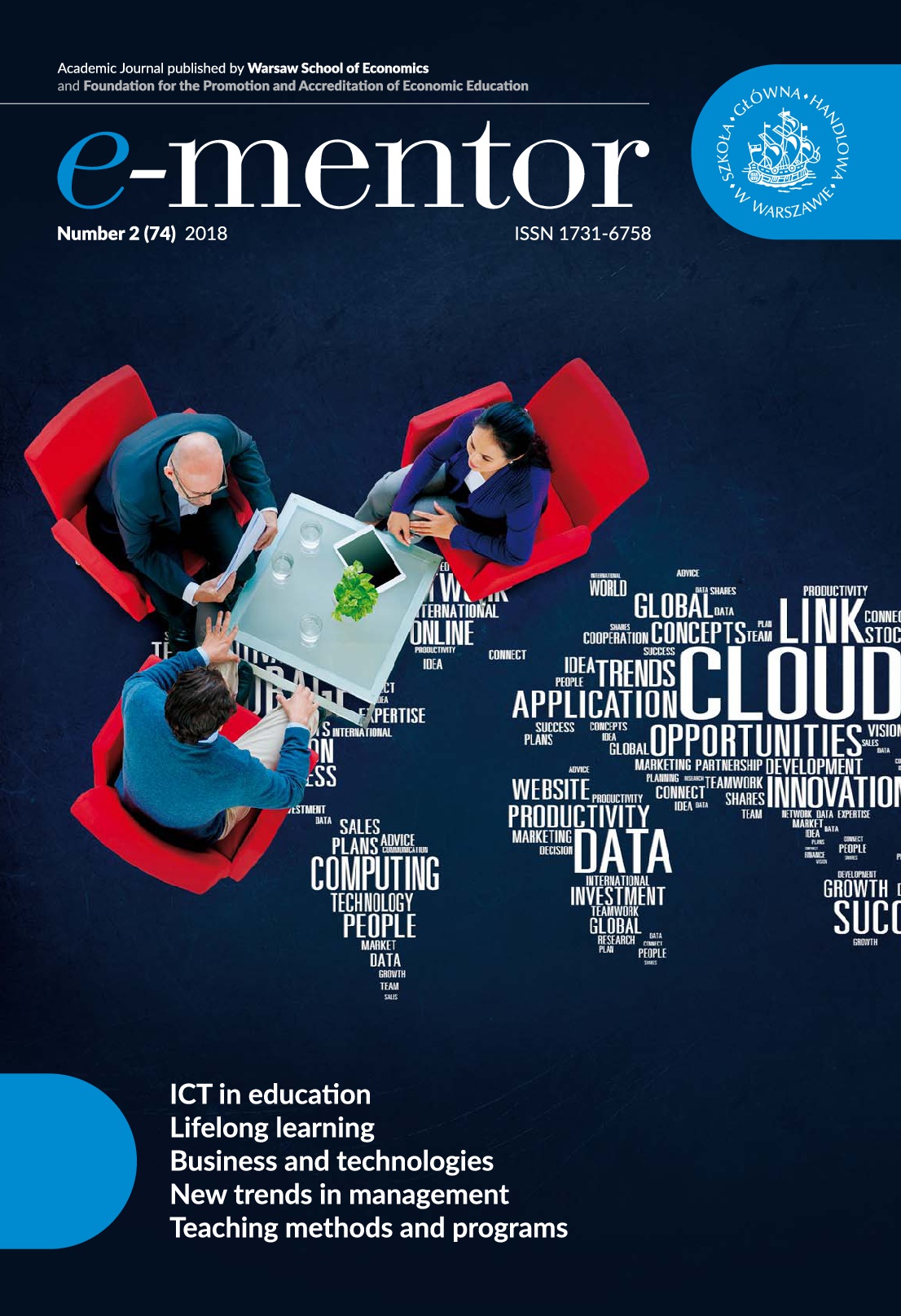Smart skills and education in a future economy
Smart skills and education in a future economy
Author(s): Franciszek KutrzebaSubject(s): Economy, Labor relations, Higher Education
Published by: Szkoła Główna Handlowa w Warszawie, Fundacja Promocji i Akredytacji Kierunków Ekonomicznych
Keywords: smart skills; higher education; critical thinking; smart competencies; future economy;
Summary/Abstract: Regardless of whether the adopted role of education is to prepare people for pursuing employment or building general values, it will include the identification and development of skills and competences as well as professional and personal attributes. Critical thinking, ingenuity and complex cognitive-social skills are precisely those areas in which people continue to outdo intelligent machines. The purpose of this article is to review the skills and competences that will be desirable in the future in relation to recent technological changes. They are preceded by selected macroeconomic data to illustrate the situation of higher education with an emphasis on Poland, where, despite positive returns on investment in education (the highest among OECD countries), since 2005 a systematic fall in demand for higher education has been observed. The empirical part presents the results of a pilot study aimed at determining the desired future skills and professional attributes of Polish employers. The basic data was collected manually using a quantitative study during three sessions at two different job fairs in Gdańsk in March 2017. According to the surveyed respondents (n = 55), professional experience, proficiency in the use of new media and formal education were indicated as the least important features, while learning and diligence – as the key competences for the future economy. In addition, the studies have shown the differences in the perception of these abilities and competences depending on the employer’s position on the market, the number of employees and the internal policies of the companies.
Journal: e-mentor
- Issue Year: 74/2018
- Issue No: 2
- Page Range: 37-43
- Page Count: 7
- Language: English

